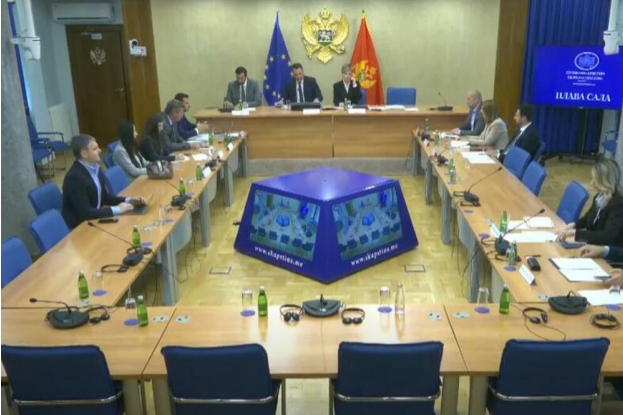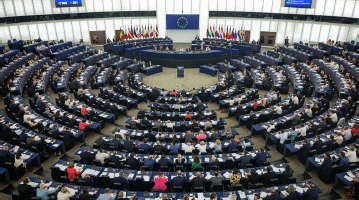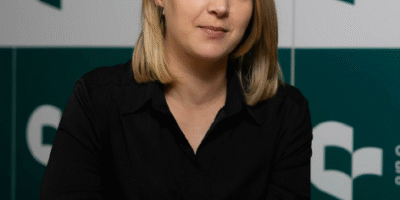At the latest session of Montenegro’s Committee on European Integration, the main focus was the country’s agreement with the United Arab Emirates (UAE). MP Boris Mugoša (Social Democrats) stated that while the European Union (EU) has not officially objected to the agreement, it cannot be implemented in its current form. According to him, the EU’s message is clear: they want Montenegro to close the Public Procurement chapter, so they are not blocking the agreement, but it must be revised to align with EU standards.
The Committee adopted the semi-annual report on European integration activities (July–December 2024), but the quarterly report for October–December did not receive enough votes. Chief negotiator Predrag Zenović highlighted recent meetings between Montenegrin leaders and top EU officials and emphasized that Montenegro’s inclusion in SEPA (Single Euro Payments Area) is a significant step forward.
However, MP Ana Novaković Đurović (URA) pointed out that SEPA was largely the result of the Central Bank’s efforts, and she raised concerns about the government’s “Europe Now 2” program, which, according to the European Commission, may cause issues in the pension system.
Much of the discussion centered around the agreement with the UAE. Several MPs and civil society representatives expressed concern that the agreement bypasses EU public procurement rules and lacks transparency. Vanja Ćalović Marković from MANS emphasized that while the EU may not have identified immediate issues, the true risks may become evident upon closer scrutiny.
She questioned why civil society had to raise these concerns instead of government officials. Zenović responded by saying that previous projects, like the highway, had also faced scrutiny, but that the European Commission (EC) had not found any significant issues so far. He added that while he recognizes the concerns, it is not within his authority to give directives to Parliament.
Riccardo Seri, Deputy Head of the EU Delegation in Montenegro, reiterated that the Growth Plan and reform agenda aim to support the country’s gradual integration into the EU. He emphasized that financial assistance is nearly double what was provided under IPA funds, but that reforms must be implemented to access it.
The session also addressed broader concerns about delayed reforms, lack of public debate on key laws, and limited engagement with civil society. The Committee emphasized the need for better coordination between Parliament and the Government and more timely sharing of relevant documents.
Finally, several MPs questioned the government’s commitment to European integration, particularly given the controversial nature of the UAE agreement and the absence of concrete reforms following the adoption of key EU-related legislation.
Written by our correspondent A.A.



